
Campus Certifications
Certified Sustainability
UWEC's commitment to sustainability goes beyond internal planning and tracking. We have multiple certifications from an array of organizations who share our values. Learn more about these certifications below!
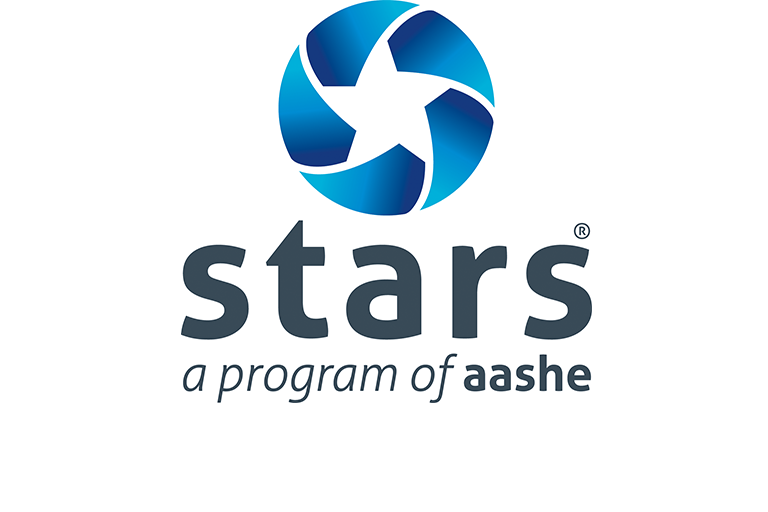 |
|
Coming Soon: STARS Ranking From 2023-2024 UWEC will be collecting data to submit our first STARS report! The Sustainability Tracking, Assessment & Rating System™ (STARS) is a transparent, self-reporting framework for colleges and universities to measure their sustainability performance. Categories include academics, operations, engagement, planning & administration, and innovation & leadership. As such, data collection will extend across colleges, campuses, and departments. |

|
|
Coming Soon: LEED Building Certification for the County Materials Complex & Sonnentag Fieldhouse LEED certified buildings save money, improve efficiency, lower carbon emissions and create healthier places for people. They are a critical part of addressing climate change and meeting ESG goals, enhancing resilience, and supporting more equitable communities. To achieve LEED certification, a project earns points by adhering to prerequisites and credits that address carbon, energy, water, waste, transportation, materials, health and indoor environmental quality. Projects go through a verification and review process by GBCI and are awarded points that correspond to a level of LEED certification: Certified (40-49 points), Silver (50-59 points), Gold (60-79 points) and Platinum (80+ points). |

|
|
Committed to carbon Neutrality by 2050:
|
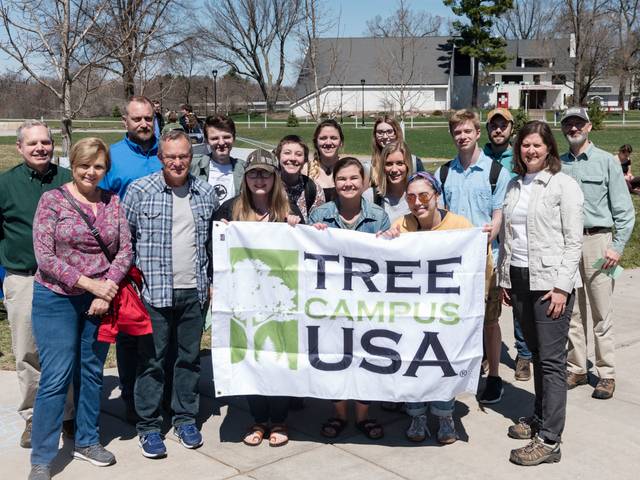
|
|
Tree Campus USA: Tree Campus Higher Education was founded in 2008 to foster that tradition of excellence. The program provides a simple framework for colleges and universities to grow their community forests, achieve national recognition, and create a campus their students and staff are proud of. To maintain our Tree Campus USA certification UWEC's landscape architect runs a committee, works with students completing service learning to track tree growth, and submits an annual report. In 2022: - 75% of trees on campus where native to Wisconsin - Campus trees sequestered 25 tons annually of carbon Dioxide: that is equivalent to removing 2,540 Gasoline powered automobiles driven for one year! |
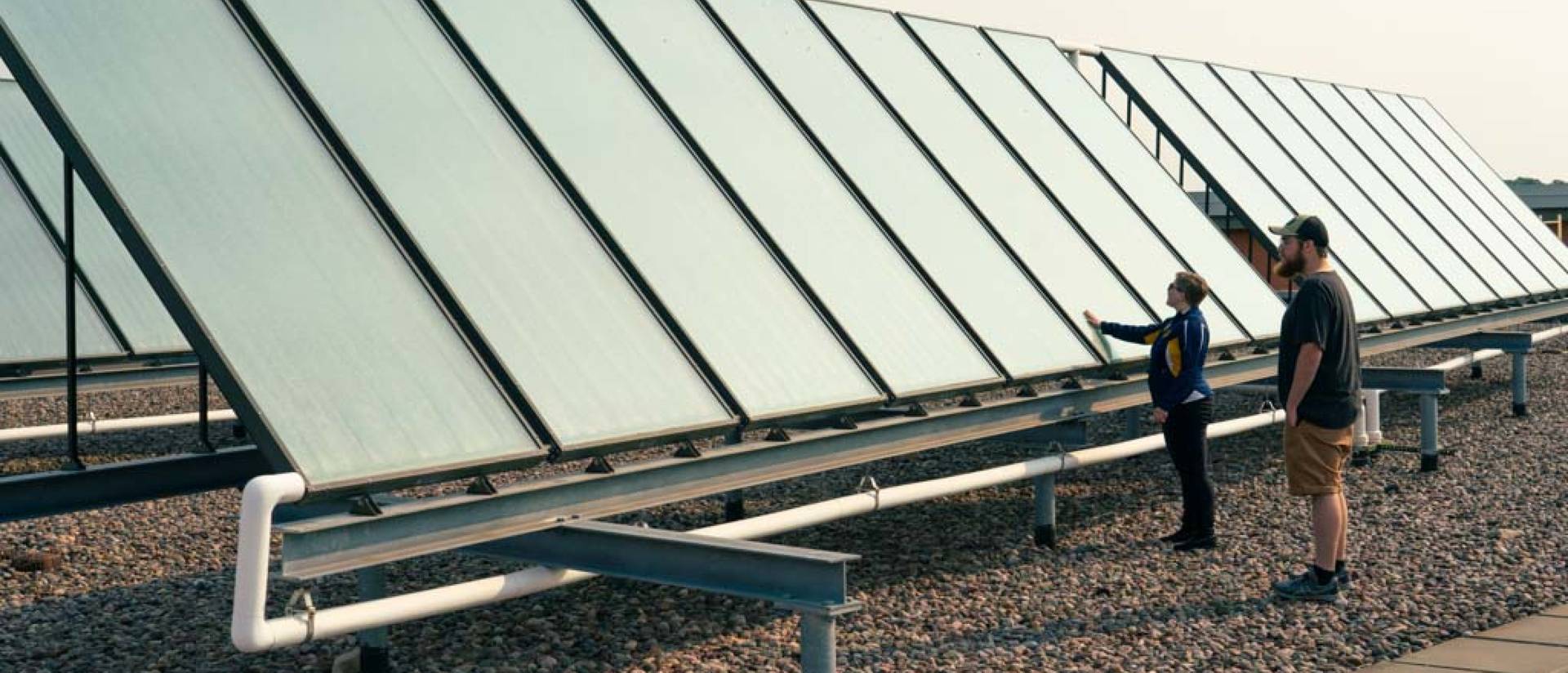
|
|
Princeton Review's Guide to Green Colleges: UW-Eau Claire is among hundreds of colleges and universities in the U.S. that the well-known education services company included in the 2023 Guide to Green Colleges, which highlights schools that are committed to the environment and sustainability. UWEC has been included in this list since 2010. |
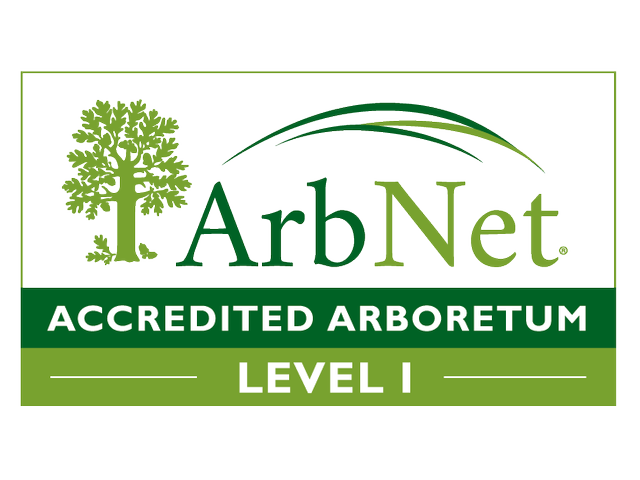
|
|
Certified Level 1 Arboretum: ArbNet offers an Arboretum Accreditation Program which requires a set of standards including strategic planning for campus trees, a minimum number of 25 species of trees, public access, and other criteria. The most common tree species on campus are Pine, Oak, and Maple, which together compose 43% of trees on campus. UWEC is also participating in a National Science Foundation funded research project studying the adaptiveness of tree species in varied climates. |
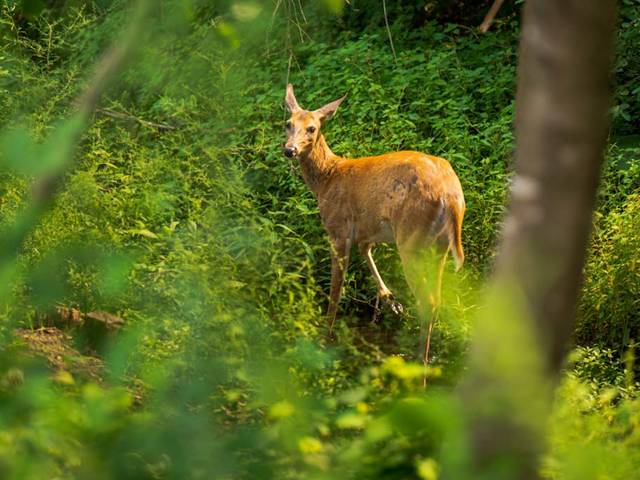
|
|
National Wildlife Federation Certified Wildlife Habitat:
|
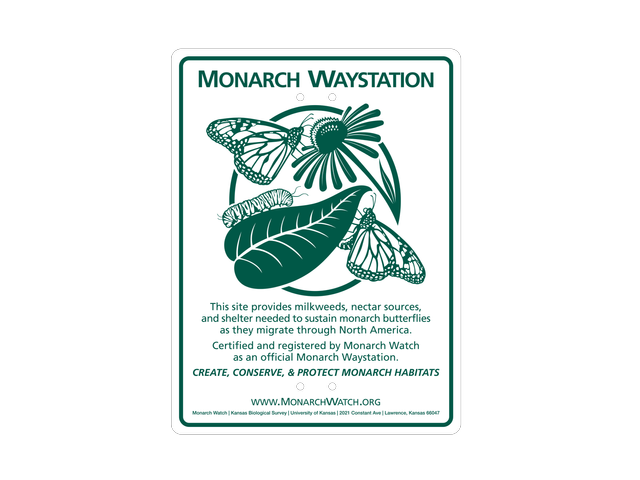
|
|
Monarch Waystation:
|
Contact Sustainability
We want to hear from you